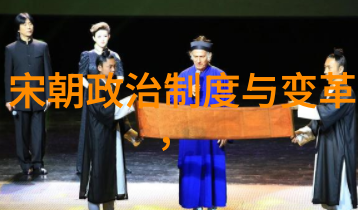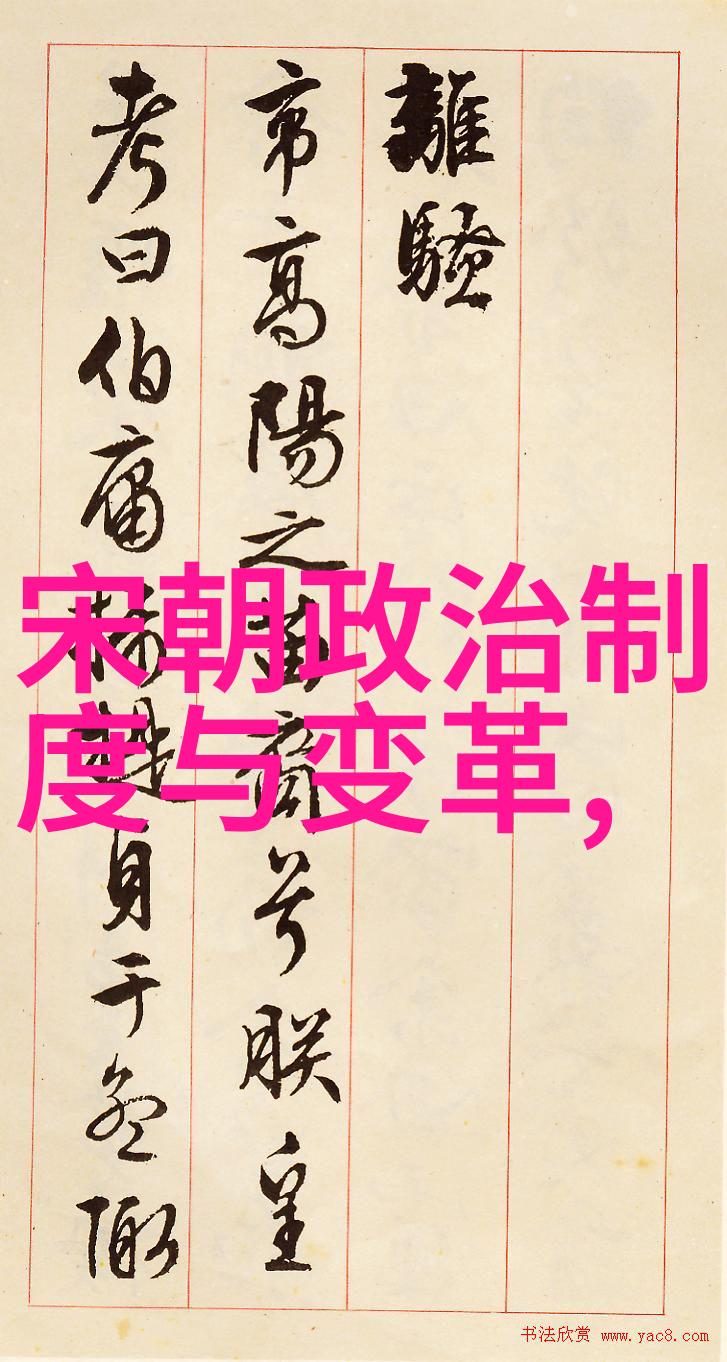古代情深汉朝契约的三大告白
在悠悠历史长河中,契约这份承诺,是连接人与人、物与物的纽带。自西周铜器铭文出现,到汉朝商品经济和小农经济繁荣时期,契约制度经历了从简到繁,从散乱到规范的发展。今天,我们来探索汉朝时期的契约,这些告白不仅是对过去的一种回顾,更是一种对未来的思考。

一、汉朝多样化的借贷习俗
在先秦时代,有着一些基本形式的借贷行为,但直至汉朝时期,这些习俗得到了系统化和规范化。随着统一中央王朝重新建立,中央集权高度集中,小农经济蓬勃发展,百姓安居乐业,也逐渐形成了一套比较完善的小额借贷制度。在这种背景下,一些民间习惯做法逐渐形成并被官方所认可,如“一分钱一分货”、“银货两讫”等。

二、买卖、借贷和租赁三个主要类型
买卖契约:这是最为常见的一种形式,比如土地买卖合同,即使是地主之间也需要通过正式书面协议来确立交易关系。
借贷契约:虽然并不常见,但仍然存在私人借贷和公共借贷两种形式。私人借贷通常会收取利息,而公共借贷则可能不需要。

租赁契约:由于土地归国家或封建地主所有,因此必须经过官方程序进行租赁手续。这类合同较少,因为过程复杂且成本高昂。
三、影响深远的人文关怀
Han Dynasty's Contract System: A Legacy of Enduring Principles and Practices

The Han Dynasty was a time of great prosperity for China, marked by the flourishing of both commodity and small-scale agricultural economies. This period saw the development of a sophisticated system of contracts that would have far-reaching impacts on future generations.
In this essay, we will delve into the three main types of contracts prevalent during the Han era: buy-sell agreements, loan agreements, and rental agreements. We will also examine how these contractual practices not only reflected but also influenced societal norms and values.

Firstly, let us consider buy-sell agreements (買賣協議). These were perhaps the most common form of contract in ancient China during this period. For instance, land sales contracts between individuals or groups required formal written documentation to establish their transactional relationship.
Secondly, loan agreements (貸款協議) played an essential role in facilitating economic growth despite being less frequently encountered than other forms due to cultural attitudes towards borrowing money for personal gain rather than necessity-based loans.
Lastly, rental agreements (租賃協議) represented a significant new type of contract emerging at this time as it allowed private parties to lease property from public authorities or noble families under strict government supervision due to its close connection with land ownership issues within feudal societies governed by Confucian principles.
These contractual practices did more than just facilitate transactions; they embodied core values such as trustworthiness and fairness which are still integral parts today's business world where contracting plays an increasingly crucial role in ensuring smooth functioning markets across various industries worldwide.
While analyzing historical texts can be challenging without proper context information about specific events happening around those times when certain kinds laws were passed or social changes occurred - there is always room for interpretation based on available data at hand.
This text aims at providing insights into what life might have been like living during those days while exploring some interesting aspects related specifically to Chinese culture through history lens focusing mainly upon Han dynasty’s economy developments alongside evolution/changes observed within legal frameworks governing financial exchanges among people back then.



